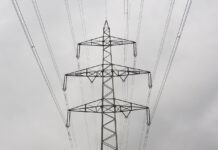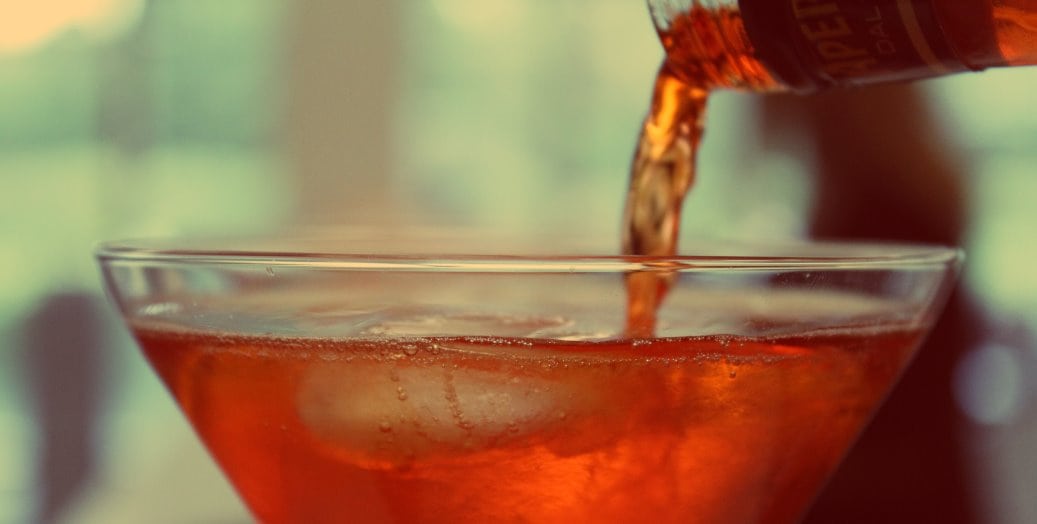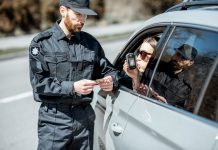Every state has a law against driving while under the influence of alcohol. However, the specifics of each states’ laws vary. For instance, in California, driving under the influence (DUI) and driving while intoxicated (DWI) is the same thing, but the law only uses the term DUI. This is different from other states where DWI’s might be a more serious charge and indicate a higher blood alcohol level.
If you have been charged with a DUI in California, another term you might have heard of is a “wet reckless.” No one can actually be stopped for or charged with a wet reckless. Instead, California has created this charge specifically to encourage people charged with a DUI to agree to a plea bargain rather than fighting their case in court. You might also have heard of a “dry reckless.” Each of these charges offers benefits over being convicted of a DUI.
In some cases, a person might benefit from pleading guilty to one of these charges. Whether you can lower your charges to a wet or dry reckless will depend on the specifics of your case.
What is the benefit of pleading to a “wet reckless” rather than a DUI?
Being convicted of a DUI will result in a mandatory suspension of your driver’s license, fees, probation, and potentially jail time. Pleading down to a wet reckless means you will not face a mandatory license suspension. A wet reckless indicates that the driver was driving recklessly, and that alcohol was involved. This does not necessarily mean you will avoid a license suspension since this decision is ultimately that of the Department of Motor Vehicles (DMV), but it does make it possible to avoid the suspension. Other benefits include decreased probation and jail time. While you can still a face jail time or probation, you can cut months from your jail time, and years from your probation by taking the plea.
There are limits to how much a wet reckless will benefit a person. For one thing, if you get another DUI, your wet reckless will be treated like a DUI for the purposes of imposing a harsher sentence for the repeat offenses. Additionally, your car insurance might not treat the wet reckless any differently than they would treat a DUI.
What is a “dry reckless?”
A dry reckless is similar to a wet reckless in that it is a lesser charge than a DUI, and that it does not involve a mandatory license suspension and can reduce fines, jail time and the length of a person’s probation. A dry reckless is preferable though because it is not an offense that increases in penalties if the person is a repeat offender. Also, insurance companies tend to treat dry reckless charges less harshly.
How can I plead down to one of these charges?
A wet reckless plea might be granted in cases where the BAC is near the legal limit of .08%, or where the case against you is not that strong. You are less likely to be able to plead down if you are a repeat offender. A prosecutor is less likely to accept a plea of a dry reckless. You might be able to plead down to a dry reckless if your BAC was not particularly high, and if the prosecution’s case is less than perfect. Your defense attorney will try to negotiate the best deal on your behalf. If you have been charged with a DUI, contact Milligan, Beswick, Levine & Knox LLP today at 909-798-3300 for a free consultation.


































